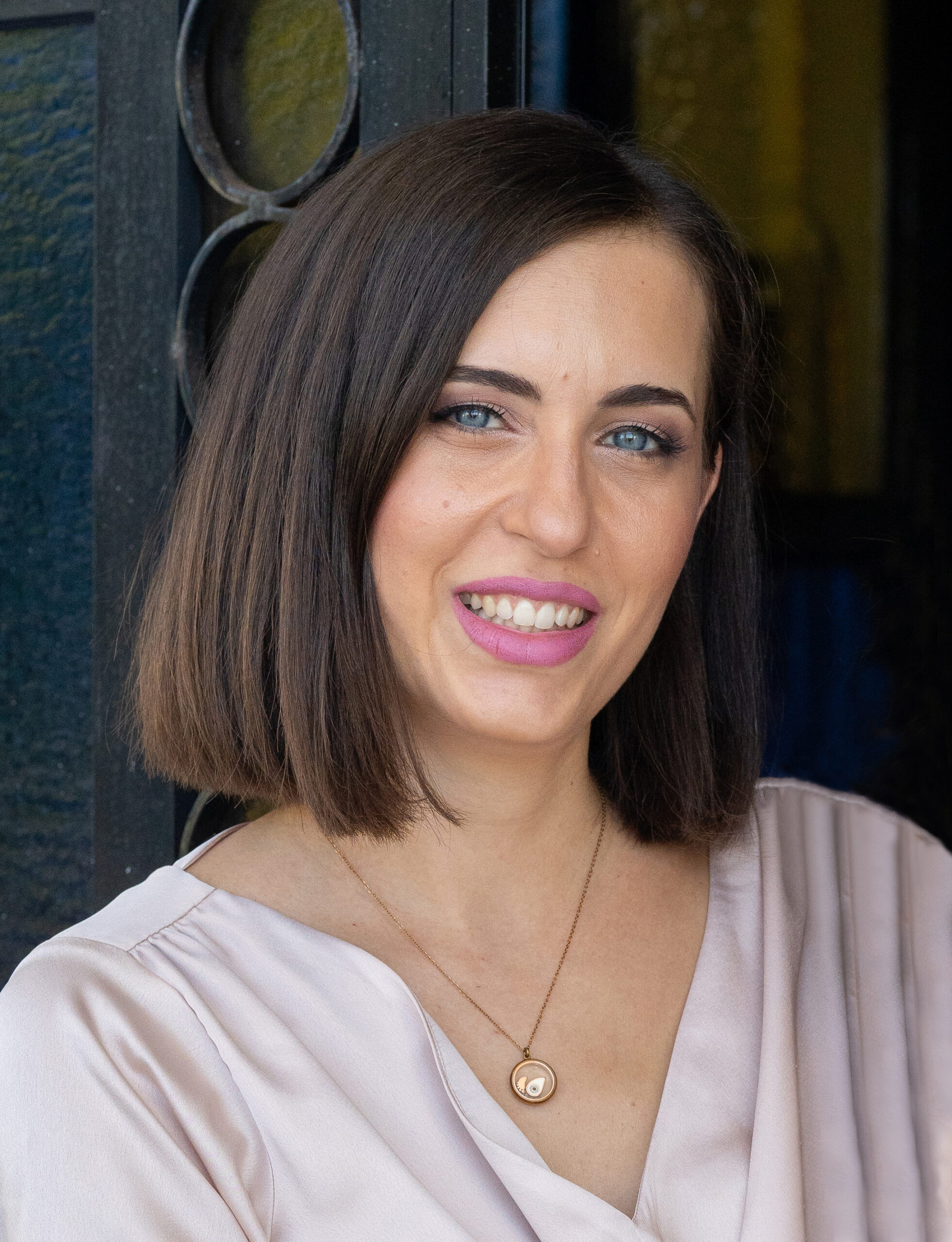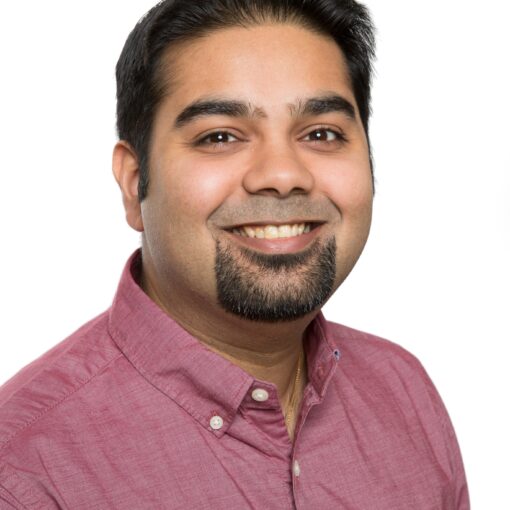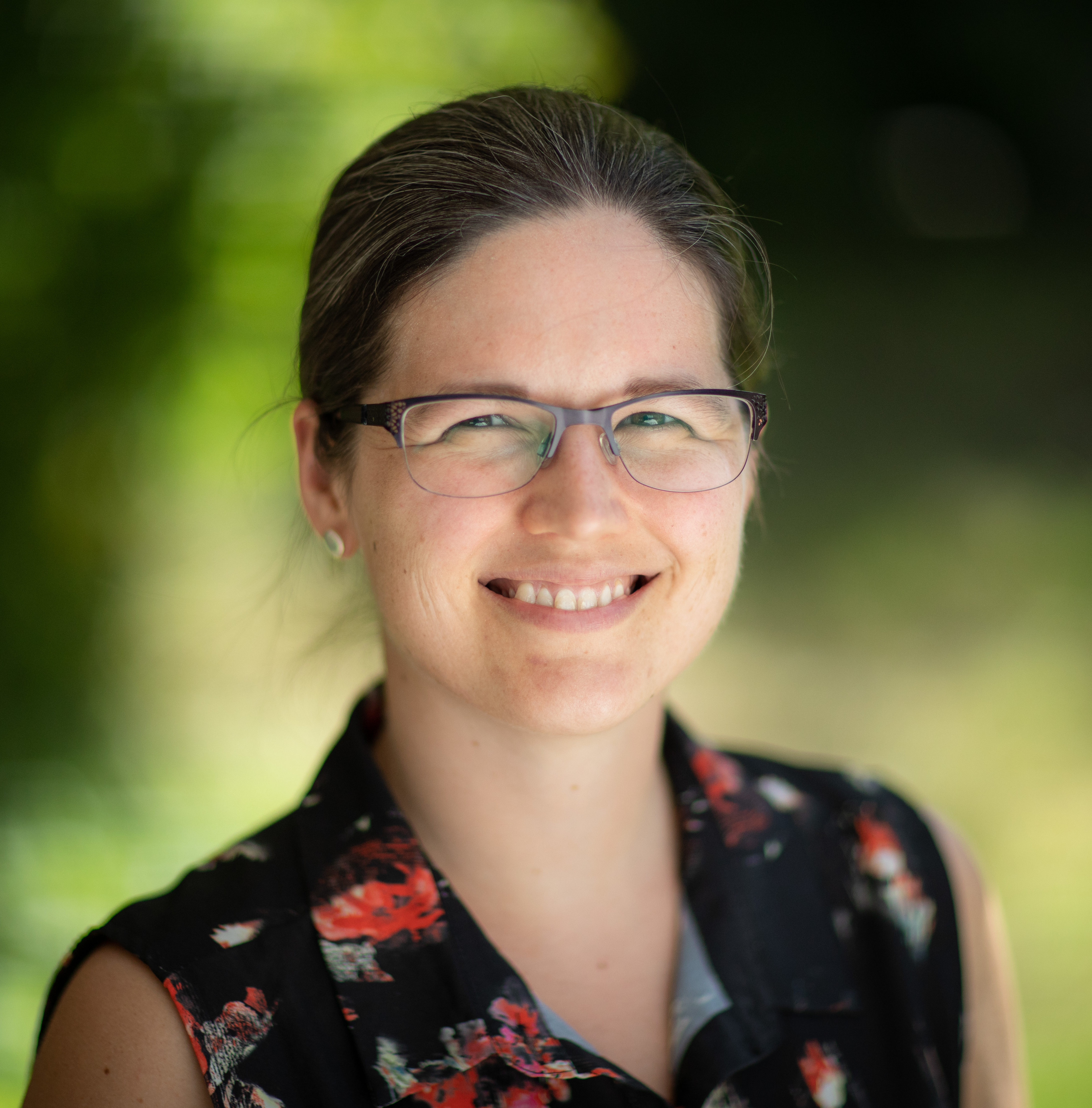Master's Degree in Technology Education & Digital Systems, University of Piraeus, Greece | 2012
| Director of Design | |
|---|---|
| Desquared S.A | |
Year entered into a non-academic position: 2012
Job highlight: After 10 years of experience in designing applications, developing and applying structured UX principles in many products, I lead one of the biggest design teams in Greece. We aim to be the creators of the world’s most loved digital products.
My academic training…: gave me the foundations and all the necessary tools to stand on my own feet and claim a role in an industrial position.
My industrial experience taught me…: that the sky is the limit.
Years of non-academic/industrial experience: Two
Number of transitions: One
What’s your background? Degree in Digital Systems. Master’s Degree in Technology Education & Digital Systems. I worked at the University as part of my research study for my Master’s thesis.
Why did you move away from academia? I was feeling that the academic environment was too protective and predictable, and I couldn’t make a real impact in my field of expertise.
Is there anything you miss about academia? The time I had for reading papers and books for my thesis. I miss having the time to read and investigate more.
How did you get this job? Did you face any challenges when considering a move away from academia or applying for the role?
When I finished my Master’s degree, I shared my CV with some popular companies. I attended the interviews, prepared with full passion and confidence to show that this is what I want.
Some people were prejudiced because I was in academia and I didn’t have work experience from inside the industry.
Finally, though, I managed to make them trust me and my skills.
What motivated you to/why did you choose the sector you transitioned in-to? My degrees’ high quality provided me with many options. I decided to start as a Front End Developer because of my interest in designing and creating Web interfaces using code. I ended up designing the whole user experience in many digital products (e.g. banking, retail, and telco apps) very quickly and physically. Designing has been always a passion for me – it is a very creative process!
Would having a PhD have made the transition into your role easier? It is not necessarily good to have a Ph.D. for this role, unless the Ph.D. has a strong connection with the industry.
Did you think you had the skills (including transferable skills) required for your current position before you started? Were you right? How did you acquire the relevant ‘transferable’ skills? I think I had the right knowledge pillars from my academic experience and some basic soft skills. All the hard skills and the rest of my soft skills have been developed throughout the years and they are still being developed.
Did you have any preconceptions about your sector that proved to be wrong? I didn’t have any, although the people around me had. This was because 10 years ago when I entered the sector, it was male-dominated. The sector ”Information Technology Services” is a male-dominated sector.
10 years ago -when I entered the sector – was very difficult for a woman to engage. This was because ‘’always was a man better than a woman’’. Throughout the years, this is something that has been changing. It is still a male-dominated sec-tor; however, the mentality has started to change.
Can you describe a typical week in your job? My responsibilities are split among people management, meetings with partners, designing workshops, and challenging projects. I work from Monday to Friday, 8-9 hours per day, in my home office or my company offices.
What is the workplace culture like? Please include comments on work-life balance, flexibility, remote working? My work is hybrid. This means that I can work 24 days per week from my home office. Throughout the last couple of years, I learned how to balance my personal life and career well as well as facilitate good quality work.
What are your favourite parts of your job? Creating and launching digital products that people use in everyday life and love.
What are your reflections on your career path? I am grateful that I made this transition and found a role that I enjoy and fits my personality.
Do people with a PhD frequently get hired in the company/sector? No, this is rare, but there are many people who work in the company and at the same time study for their PhD.
Do you have any advice for current postdocs or research students considering a career outside of academia? Don’t hesitate for this transition, if you really want. You do know about how to work hard and you do have all the necessary skills to do this.
Do you have any advice for Master’s students considering further educa-tion or a non-academic career? Don’t be afraid to go outside of your comfort zone, even if this seems like a big transition. If you want it, this means that you already have all the necessary skills to start. Have confidence in yourself and others will do the same too.
Can you recommend any relevant resources, organisations or events that might help somebody new to the sector find out more about it? Use social media to connect with people and to follow relevant posts of compa-nies that you’re interested in.





